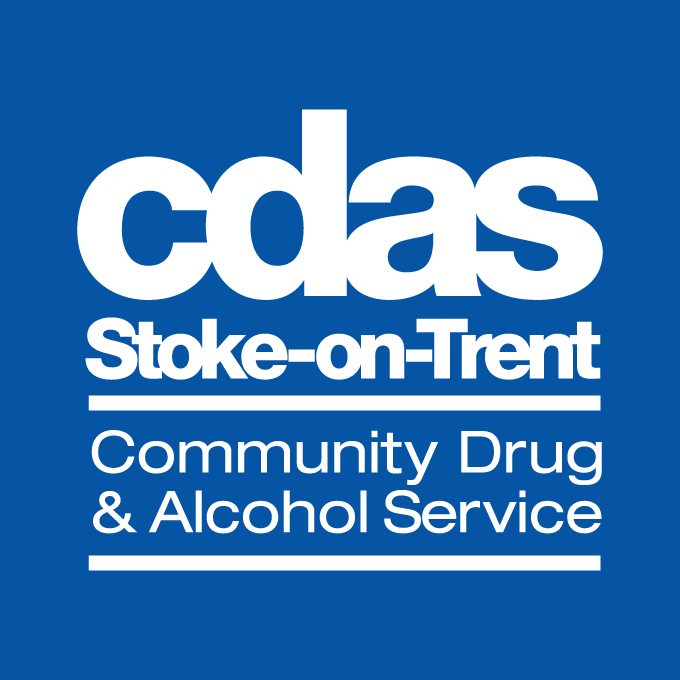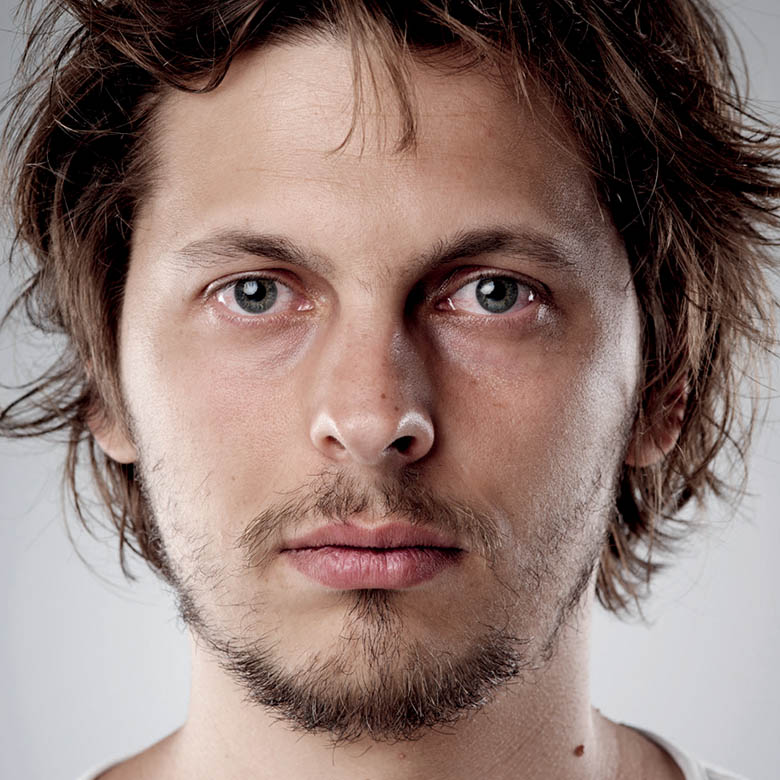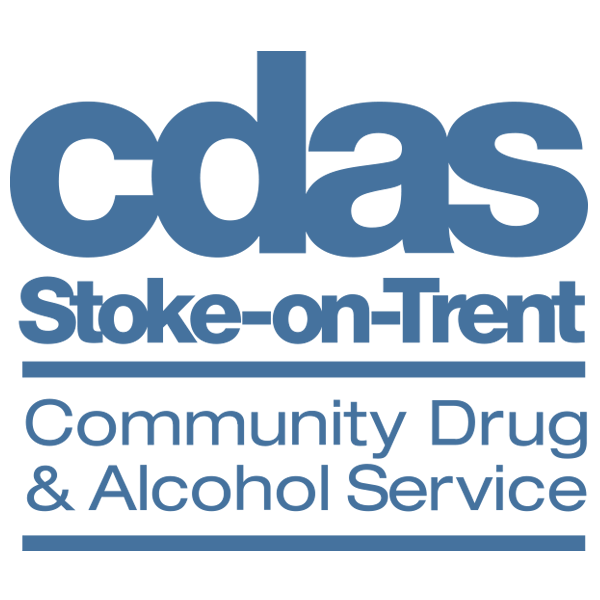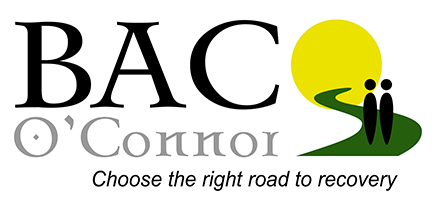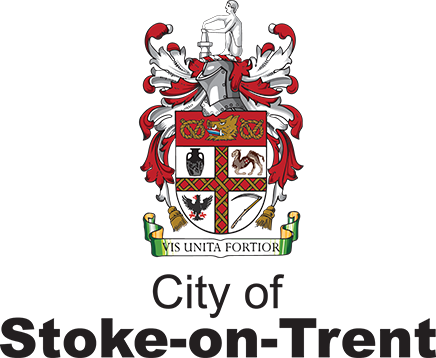Alcohol withdrawal happens when someone who is dependent on alcohol stops drinking or suddenly reduces the amount they drink.
You can manage some milder symptoms of withdrawal yourself, like:
- sweating
- feeling anxious
- feeling sick or vomiting
But some symptoms of alcohol withdrawal are a medical emergency. Call an ambulance straight away if you have any:
- shaking or trembling
- hallucinations (seeing or hearing things that aren’t there)
- confusion
- racing pulse or heart rate
- seizures (fits)
What is alcohol dependence?
Alcohol dependence is when your body needs alcohol to function normally. Someone who is alcohol dependent needs alcohol to feel normal.
You are more likely to become alcohol dependent if you:
- drink alcohol most days
- drink in the morning to relieve shakes or sweats
- regularly drink above the recommended weekly limit of 14 units
People who are alcohol dependent usually start having withdrawal symptoms 6 to 12 hours after their last drink, but the symptoms can start up to 72 hours (3 days) after the last drink.
The symptoms usually get more intense, reaching their peak in the first 48 hours.
After that the symptoms will start to decrease and usually go away altogether within 5 to 7 days.
Things like your sleep patterns and energy levels might take a little longer to feel normal again, but these will get better with time.
Cutting down alcohol when you’re dependent
If you’re dependent on alcohol, (or think you might be) you need support to help you cut down.
Reducing the amount you drink without any support is dangerous. The withdrawal process needs to be managed by a trained expert.
An alcohol treatment service will work with you to manage your withdrawal and reduce the amount your drink safely and steadily.
They will also help you set realistic goals and work with you to achieve them, giving you a better chance of making a lasting change.
If you’re not ready to speak to someone face to face, you can speak to one of our trained advisors online. They can offer you free and confidential advice about what to do next. Contact us to find out how we can help.
